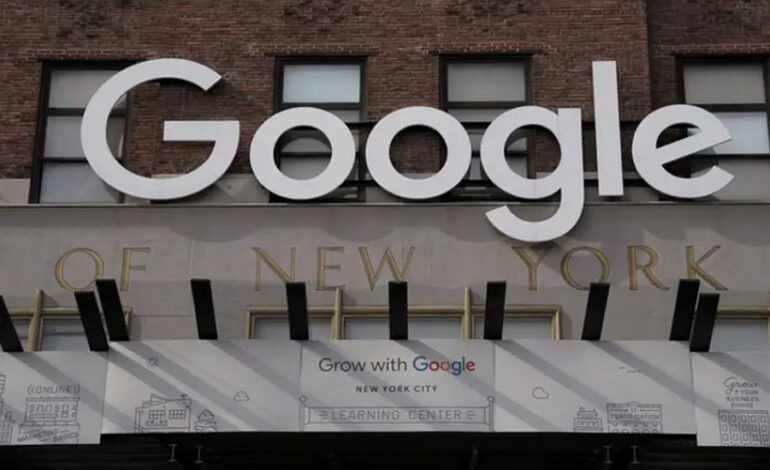Google’s Action Against Hate Speech on YouTube

Google, as part of its ongoing efforts to combat hate speech and harmful content, has taken a proactive step by blocking specific terms associated with hate speech from being used as ad keywords on YouTube videos. This move comes in response to a report by The Markup, which highlighted the potential for advertisers to target contentious terms for ad placement on YouTube.
Blocking and Addressing Offensive Terms
The report noted that terms like “white lives matter” and “white power” were accessible to advertisers, raising concerns about the potential misuse of ad placement. Conversely, terms related to racial and social justice, such as “Black Lives Matter,” were reportedly restricted.
Upon receiving feedback from The Markup, Google swiftly took action by blocking additional terms associated with hate speech, racial discrimination, and social injustices. The company acknowledged the offensiveness and harm caused by such terms and emphasized the importance of addressing these issues promptly.
Commitment to Combat Hate and Harassment
A Google spokesperson reiterated the company’s strong stance against hate and harassment, emphasizing that offensive terms should not have been searchable for ad placement. Google’s multi-layered enforcement strategy played a crucial role in preventing ads from running against objectionable content.
YouTube’s Protective Measures
YouTube, a subsidiary of Google, has implemented robust protective measures to prevent offensive or harmful ads from appearing on its platform. These measures include the removal of videos containing hate speech and continuous monitoring to uphold community guidelines.
Vigilance and Enforcement
In addition to blocking offensive ad keywords, Google shared insights into its broader efforts to combat malicious advertising. The company disclosed that it had blocked or removed millions of ads attempting to evade detection systems and reiterated its commitment to enforcing hate speech policies.
Past Actions Against Hate Speech
Google’s actions against hate speech are not new. In previous years, the company banned white supremacist content and enforced restrictions on monetizing videos that violated hate speech policies. These measures underscore Google’s ongoing dedication to fostering a safer and more inclusive online environment.
Google’s proactive steps to block hate speech-related ad keywords on YouTube demonstrate its commitment to combatting harmful content and ensuring a responsible advertising ecosystem. These efforts align with broader industry trends aimed at promoting digital safety and combating online abuses.









